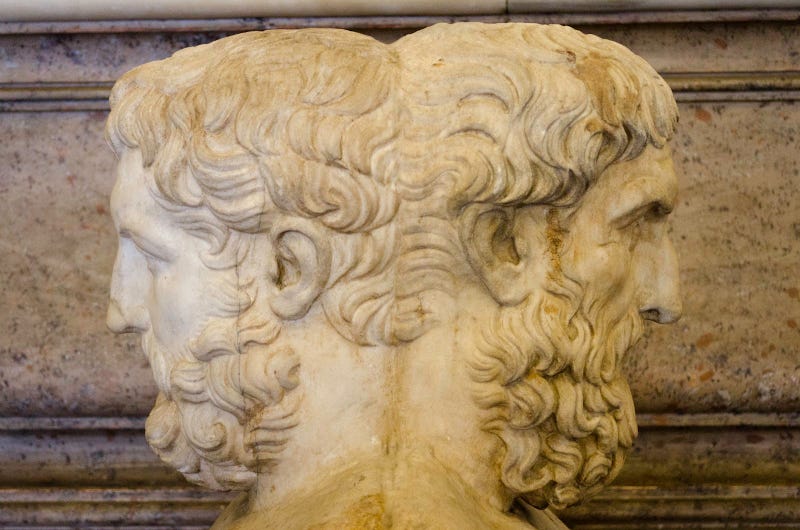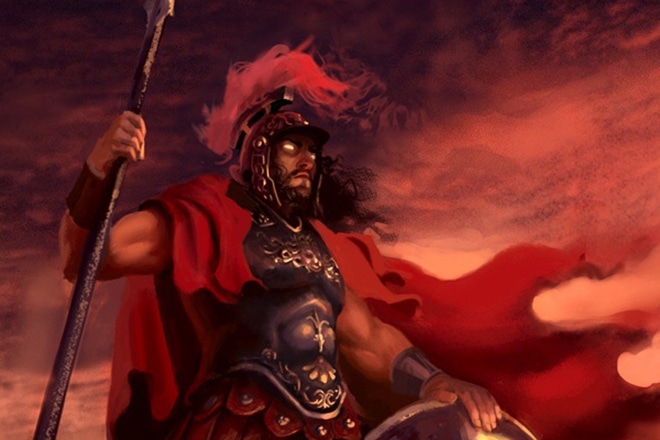Black spots scattered perfectly
All over your gorgeous red cloak...
Oh, Ladybug flying so classy.
Of all the bugs present in my garden
You are my favorite, undoubtedly!
Patrick A. Scott
Pinegreenwoods Poertry Path
Hello! Thank You For Visiting PINEGREENWOODS.
+Madame+Ad%C3%A9la%C3%AFde+as+the+goddess+Diana.jpg)




:fill(FFCC00,1)/about/Camasei-lupercales-prado-copy-57a92ff95f9b58974aaa576d.jpg)
